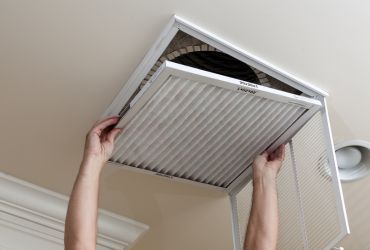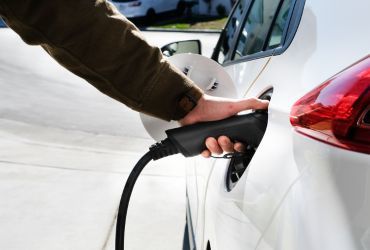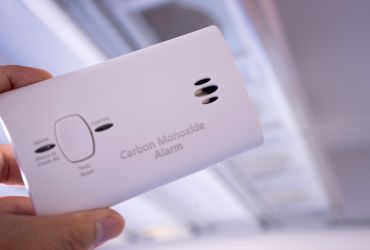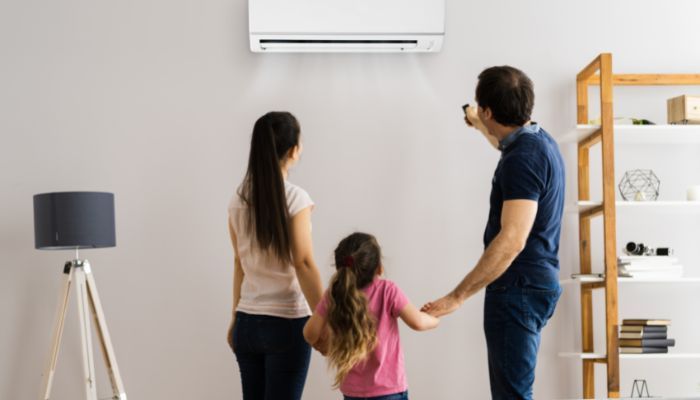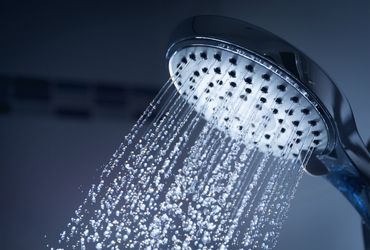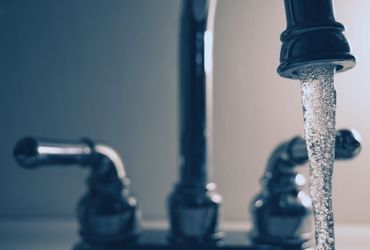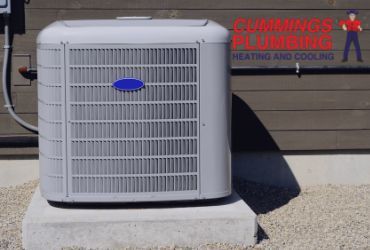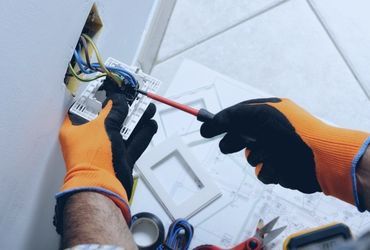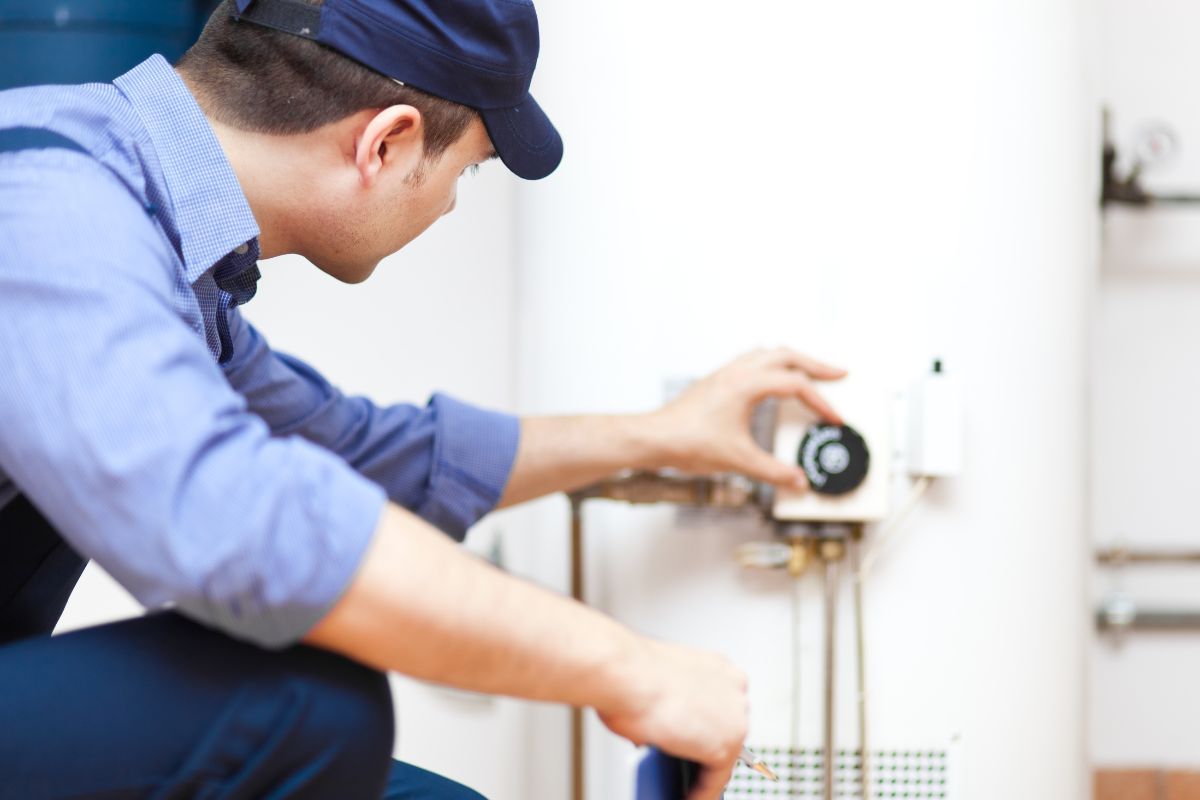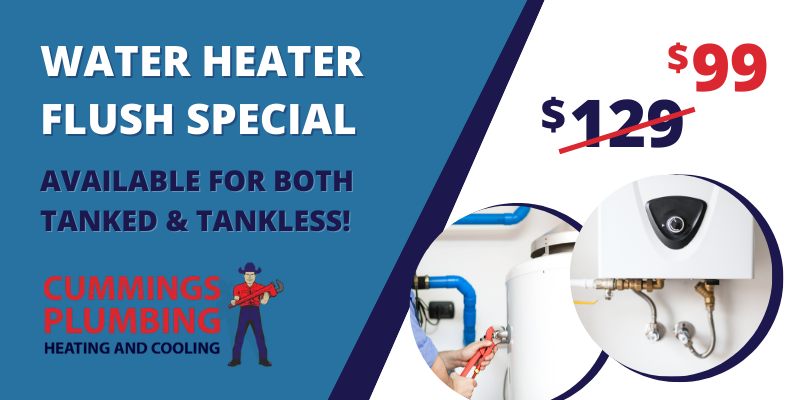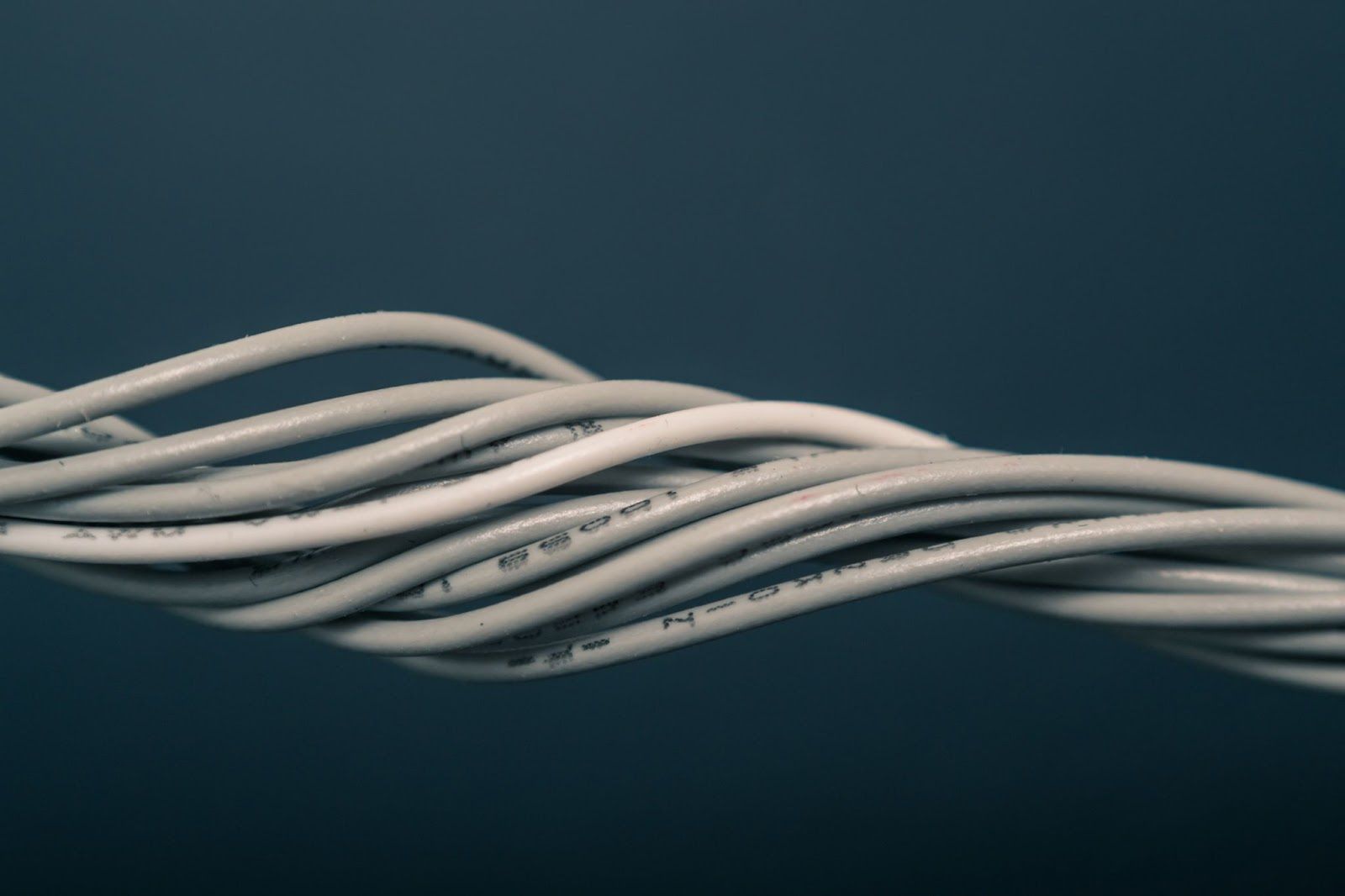How Air Filtration Installation Enhances Indoor Air Quality: Your Ultimate Guide
TL;DR: Indoor air quality is crucial for health, especially since we spend so much time indoors. Air filters offer an elegant solution to combat pollutants like dust, pollen, and pet dander. HEPA, activated carbon, electrostatic, and UV filters work differently to capture particles and improve air quality. Benefits include allergen control, odor elimination, and reduction of VOCs and microorganisms. Consider specific needs like allergies, pets, smoking, or dust sensitivity when choosing filters. Proper installation and maintenance are essential for effectiveness. Cummings Plumbing Heating and Cooling offers professional services for air filter installation.
Given how much time we spend indoors, paying attention to the quality of the air we breathe is of undeniable importance. Unfortunately, all kinds of pollutants that can have detrimental effects on our health can find their way into the air we breathe indoors. Worry not, though, as there’s an elegant solution to effectively resolve this issue at your property – installing air filters.
Poor indoor air quality can result in a host of potentially serious health issues, such as allergies, respiratory problems, and worsened asthma symptoms.
Being aware and diligent about the quality of the indoor air while at home and work is paramount, especially considering how much of our time we spend inside. In our guide today, we’ll focus on exploring how air filtration installation enhances Indoor air quality and, as a result, positively impacts your comfort and health.
How Air Filters Work
Air pollution indoors can come from various sources, both human-made and natural. Some of the most often witnessed pollutants in our homes include different types of dust particles, pet hair and dander, cigarette smoke, bits of pollen, and mold spores.
As all these pollutant particles accumulate, they remain in constant contact with us through the air and might result in highly adverse effects on our health.
Air filters operate by using several distinct mechanisms to get a hold of different pollutants, effectively removing them from the air. The most common type of air filter is the High-Efficiency Particulate Air (HEPA) filter, which is irreplaceable in capturing small particles like pollen, pet dander, and mold spores. It does this through a dense mesh of fibers.
In addition to HEPA filters, other air filters include activated carbon filters, electrostatic filters, and UV filters. Activated carbon filters are great at helping you remove foul odors and similar compounds, such as VOCs (Volatile Organic Compounds), from your home.
Electrostatic filters rely on static electricity to capture airborne particles, whereas UV filters rely on ultraviolet light to exterminate microorganisms.
The installation of air filters is vital for increasing the quality of your indoor air and ensuring no harmful particles and pollutants are airborne around you. They’re designed to capture and trap these contaminants, preventing them from circulating and being inhaled. Air filters help create a cleaner and healthier indoor environment for occupants.
The Different Types of Air Filters
Now that you understand that there are different filters available for installation when you’re looking to improve your indoor quality, let’s take a look at how each of them operates:
- HEPA Filters. HEPA filters, as mentioned earlier, are highly efficient at capturing small particles. They can remove up to 99.97% of particles as small as 0.3 microns in size. HEPA filters are commonly used in residential and commercial air purifiers and are highly effective at improving indoor air quality.
- Activated Carbon Filters. Activated carbon filters effectively absorb different chemicals in the air, which makes them vital for reducing unpleasant smells. They can capture and neutralize volatile organic compounds that are present in most cleaning products, some types of furniture, and building materials.
- Electrostatic Filters. These filters operate by generating an electrostatic charge that attracts airborne particles, capturing them in the process. The best use for these filters is to deal with smaller particles, such as pet dander and pollen. Electrostatic filters can be either washable or replaceable, depending on the model.
- UV Filters. UV filters are the method of choice to ensure no microorganisms, such as bacteria, viruses, and other microorganisms, reach a certain area. These filters are common to healthcare facilities where infection control is vital. UV filters can be integrated into air purifiers or HVAC systems to provide continuous air disinfection.
How Air Filtration Installation Enhances Indoor Air Quality
There are many advantages to installing air filters, particularly if you’re looking to improve the quality of air drastically. A few reasons to install air filters in your home when looking to boost indoor air quality include:
- Removal of Particulate Matter. A key benefit of air filter installation is that it can remove particulate matter from the air. By capturing and trapping particles like dust, dander, and pollen, air filters help reduce the concentration of airborne allergens, promoting cleaner and healthier air.
- Allergen Control. For those suffering from allergies or chronic respiratory conditions, air filters make a huge difference in the air quality in the household. They’re extremely effective at dealing with common allergens such as pollen, dust mites, and pet dander, which means they can help alleviate allergy symptoms and provide relief.
- Odor Elimination. Air filters with activated carbon components are exceptionally effective in getting rid of odors. These filters absorb and neutralize odorous compounds, such as those from cooking, pets, and tobacco smoke. By reducing unpleasant smells, air filters help you achieve a more pleasant and healthy indoor environment.
- Reduction of Volatile Organic Compounds (VOCs). Volatile Organic Compounds (VOCs) are chemicals found in products and materials that are common in most households. Prolonged exposure to VOCs might cause a host of respiratory issues and similar health problems. Air filters with activated carbon are particularly effective at capturing and removing VOCs from the air.
- Dealing with Microorganisms. Air filters, particularly those with UV filters, can help protect against harmful microorganisms such as bacteria, viruses, and mold spores. The use of UV light in air filters can kill or deactivate these microorganisms and, in doing so, helps lower the potential for infective respiratory illnesses.
Determining the Best Air Filters for Specific Needs
Different individuals and environments may have specific air quality needs. Here are some scenarios where air filters can provide targeted benefits:
- Asthma / Allergy Relief. Air filters are like a fresh breath of life (pun intended) for those struggling with allergies or asthma. By removing airborne allergens and irritants, air filters can help reduce asthma attacks and alleviate allergy symptoms. HEPA filters are particularly effective in resolving the issue of airborne allergens of all kinds.
- Pet Owners. If you own a pet, you face pet dander and odor-related challenges. Air filters can help mitigate these issues by capturing pet dander and reducing pet-related odors. HEPA filters, when paired together with activated carbon filters, are especially effective in addressing these concerns.
- Smokers and Secondhand Smoke. For smokers, air filters can help remove smoke particles and reduce the odor associated with smoking. Air purifiers with specialized smoke filters or activated carbon filters fit these individuals perfectly.
- Dust and Pollen Control. Individuals sensitive to dust and pollen can benefit from air filters that specialize in capturing these particles. HEPA filters are highly effective in removing dust and pollen from the air, providing relief for individuals with respiratory conditions or allergies.
When selecting an air filter, begin by examining the key factors that determine its efficiency: specific pollutants, the size of the area you need to purify, and your operating budget.
Pay attention to whether filters are installed securely, following the manufacturer’s instructions completely. That way, you ensure a secure fit and proper airflow. Regularly scheduled filter replacements help guarantee the filter’s effectiveness and prevent potential clogging.
Conclusion
Investing in air filter installation is a proactive step towards improving the quality of the air in your household or workplace, creating a healthier environment. By capturing and removing harmful particles, allergens, odors, and microorganisms, air filters create cleaner and safer air for occupants. Knowing exactly how air filtration installation enhances indoor air quality is instrumental in selecting the right type of air filter for your requirements.
Whether you suffer from allergies, have asthma issues, or simply want better air quality, there’s an air filter that can meet your specific needs. Given the importance of proper installation and maintenance practices, turning to a professional air filter installation service is your best option.
The expert technicians at Cummings Plumbing Heating and Cooling are ready to arrive at your property at a moment’s notice and provide you with every type of filter service you need!
So, contact us today, and let’s get to work!

